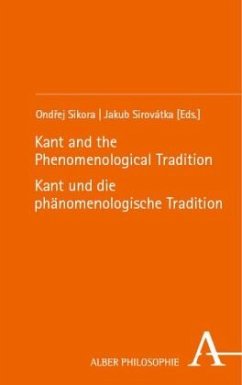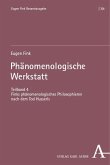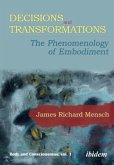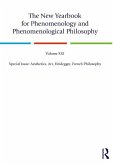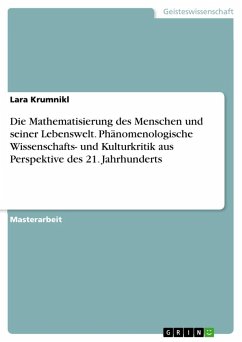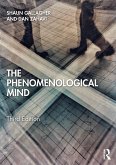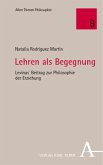The common topic of the nine essays in this book is the phenomenological dialogue involving Kant and his 'invention of autonomy'. Is there any relevance left to the Kantian notion of autonomy after the intensive development of ethical and phenomenological thought, stressing the importance of otherness, which, by definition, is beyond the control of any autonomy? What are the fruitful aspects of the Kantian idea that still deserve preservation and development? While the first three contributions are immanently Kantian, the majority focus on the relationship between Kant and selected authors of the phenomenological tradition: E. Husserl, M. Heidegger, E. Levinas, J. Patocka and B. Waldenfels.
Bitte wählen Sie Ihr Anliegen aus.
Rechnungen
Retourenschein anfordern
Bestellstatus
Storno

